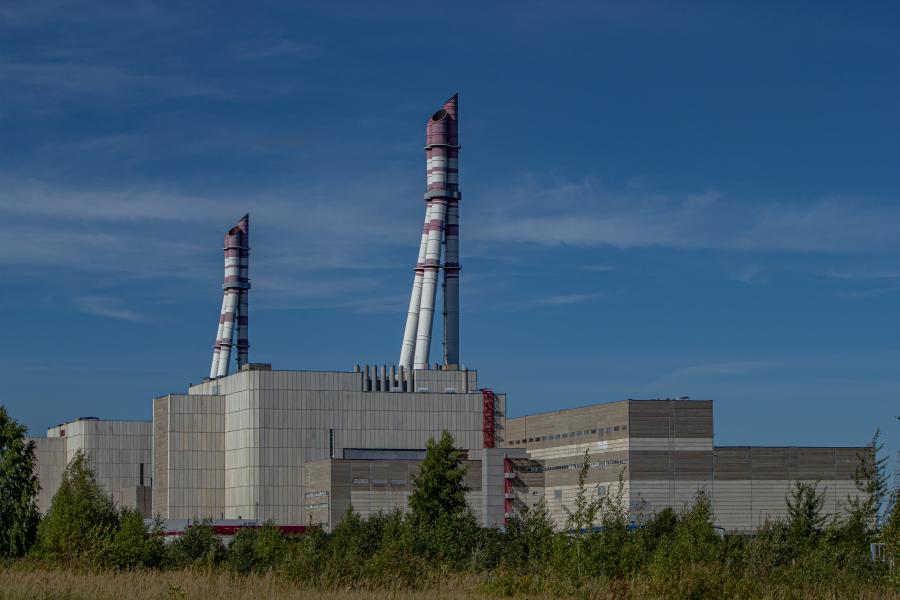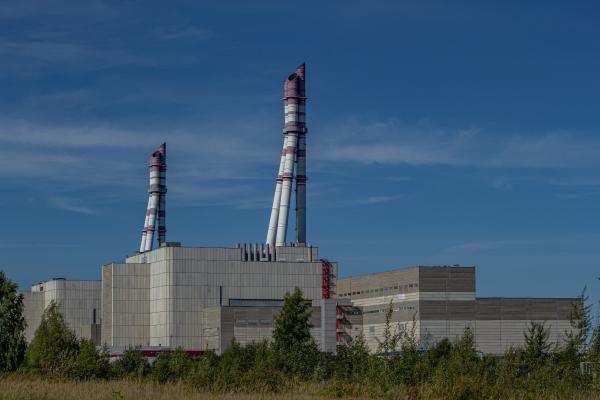Call for Applications: Summer School Post-Nuclear Urbanism
The foundations of central planning in the USSR were already laid by the start of the 1920s in Lenin’s plan of the complete electrification of the country (GOELRO). The endeavor of the even distribution of electricity and its networks provided the basis for the administrative division of the Soviet empire. Lenin made electrification an instrument of the communist ideal of erasing the differences between city and countryside, for the better measurement and management of population, and for erasing ignorance, poverty and barbarism in rural areas.
Today, digitalization is again blurring the informational boundaries between “society” and “community”, by making localities much more transparent and also making distant geographical areas much more accessible. “Knowledge economies” is the term frequently used to refer to this new phase of measuring and reorganizing the workforce in an increasingly interconnected world. Some suggest that we are already in an epoch where the city and the countryside do not essentially differ, but are only different outcomes of the process of “planetary urbanization”.
However, rather than greater freedom, equality and inclusion, the outcome of these changes might also be increased distant control, social disruption and environmental degradation. How can we use current knowledge infrastructures to empower and emancipate ourselves as individuals and communities in a context of digitally mediated urbanization? The former Soviet ‘nuclear’ town of Visaginas will be our research and experimentation setting for developing sensible approaches and ideas for such empowerment from the perspective of the globalized periphery.
Find more information about tutors, lecturers and application on https://visaginas-workshop.org/
Questions regarding the school are welcome to: urbanism@ehu.lt


